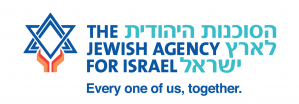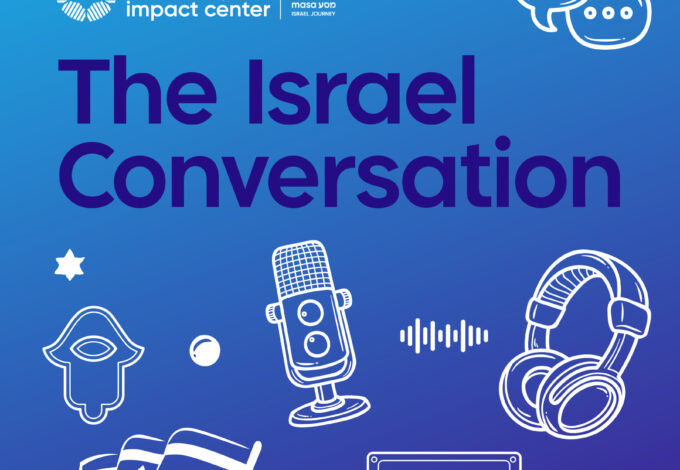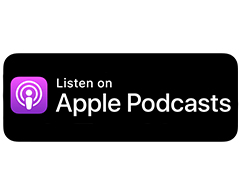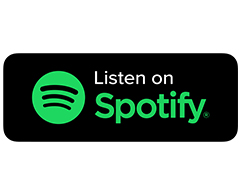A Podcast About Israel; Politics, Current Events, and Culture
Welcome to The Israel Conversation by the Masa Leadership and Impact Center, the content engine behind Masa Israel Journey. We bring contemporary, challenging, and compelling Israel issues to light in ways that help us stay connected with what’s really going on, on the ground.
Masa Israel Journey is dedicated to shaping a promising future for the young Jewish individual, the global Jewish community, and the connection to the State of Israel. Our hope with The Israel Conversation is to educate our Masa Fellows, alumni, parents, partners, and everyone in between about Israel from a local point of view while engaging multiple perspectives.





